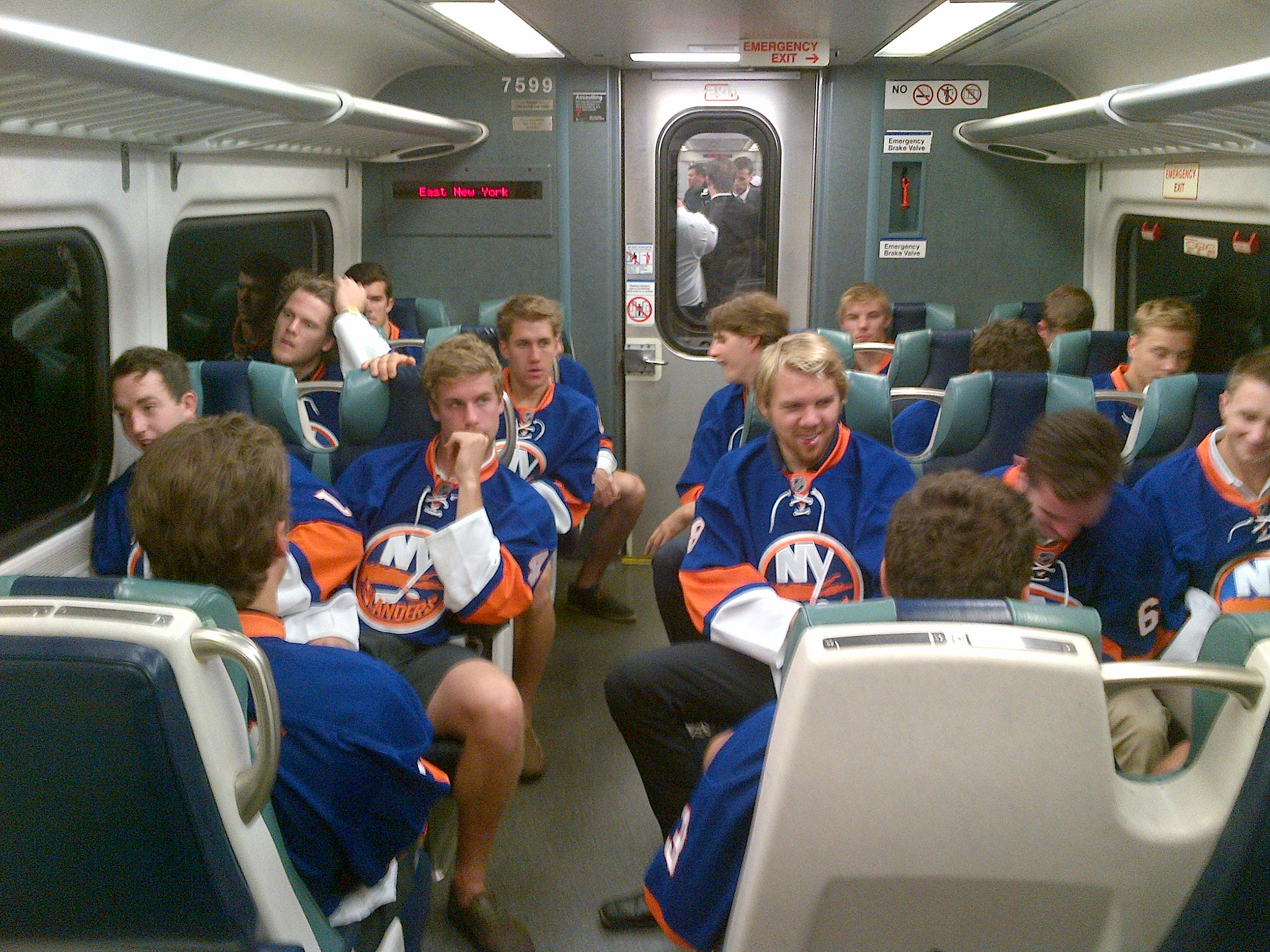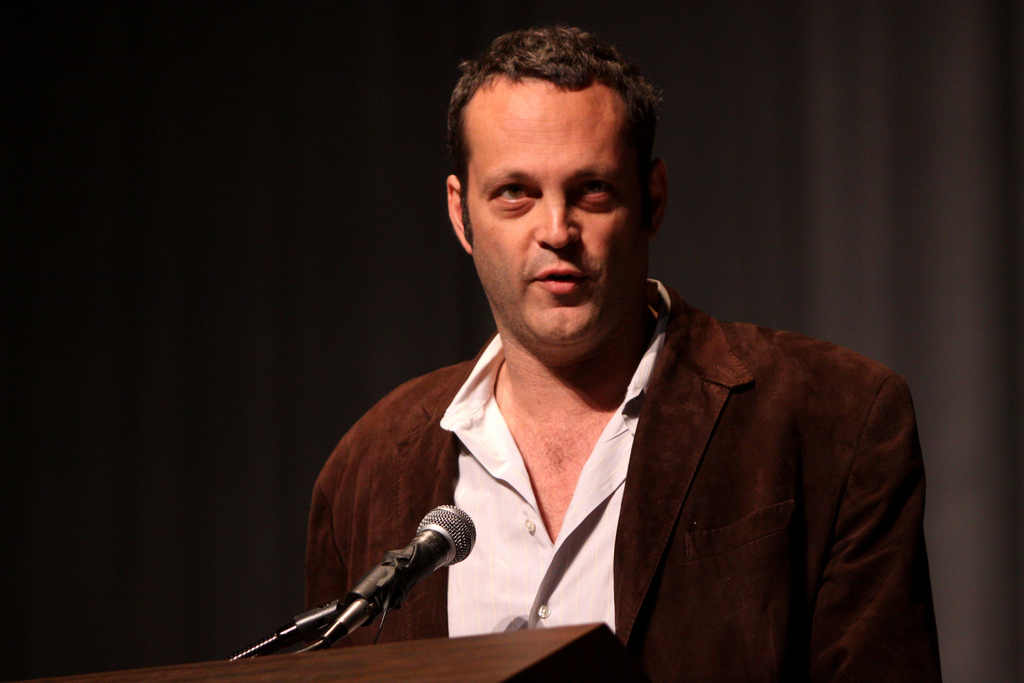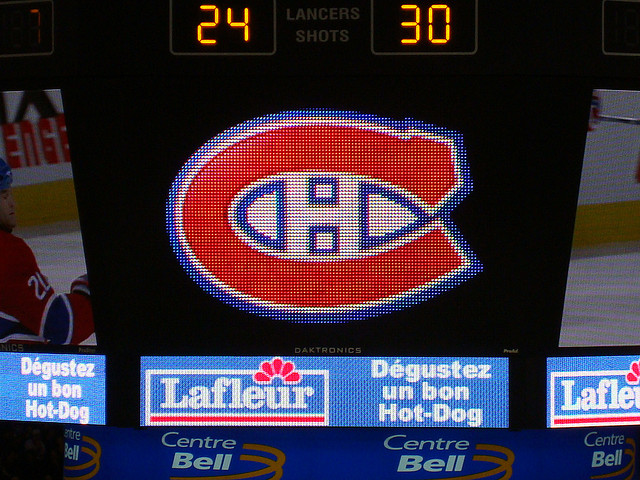Impact of travel and back-to-back games on NHL teams
With the 2015 NHL schedule fully baked, we have an opportunity to look at some of the scheduling intricacies.
Part of the beauty of hockey is that any team can win on any given night. (Well, that, and the fact that they actually play for 60 or more minutes for all 82 games…)
But is there an impact based on travel and back-to-back games?
And if so, which is worse?
We will take a look at both of those questions.
Dirk Hoag has released a Super Travel Schedule every year that can be found here. For reference, here is what the teams are facing:
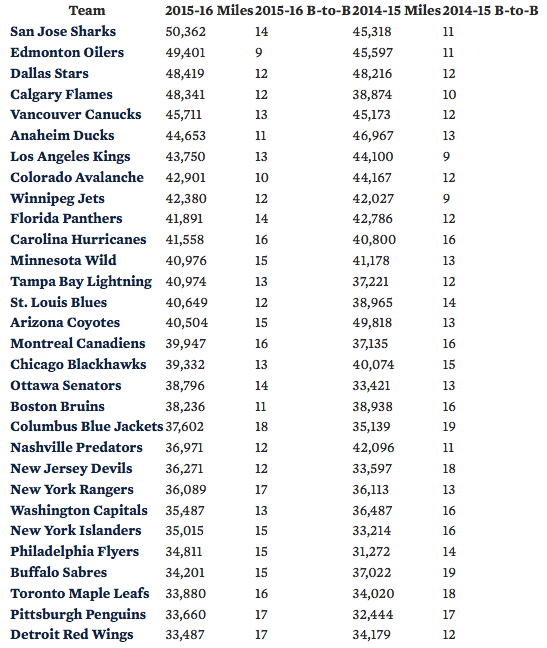
So how does this impact team performance?
Without travel, rest or back-to-back variables included, the home team wins 55% of the games according to this very interesting analysis at Puck Prediction.
And at the end of the day, with data going back through the past decade, it appears worse to have a higher number of back-to-back games than having a higher mileage travel schedule.
Puck Prediction also looks at the additional variables and their impacts:
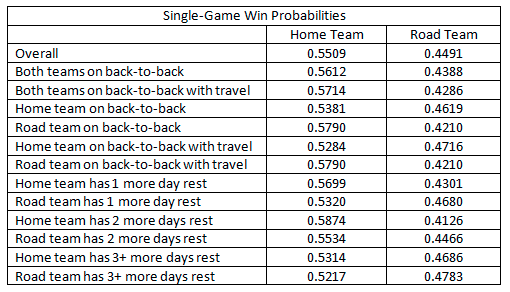
Not surprisingly, back-to-back and back-to-back-with-travel by the road team puts them in the largest statistical hole. But the overall change is only 3%, which explains why plenty of road teams win in these situations.
And more to the point, it looks as though having more back-to-backs might actually be worse than traveling more. …and you have to go all the way back to 2009-10 to find a President’s Trophy winner with an easy travel schedule. And though it stands to reason that teams with heavier travel may have longer road trips, it’s not clear that the relative fatigue has a consistent effect on win probabilities. But back-to-back games are pretty much a bad proposition no matter how you look at them, especially if you play them on the road.
In general, the NHL tries to schedule more back-to-backs for teams with fewer miles.
And when you look at the first table above, the San Jose Sharks appear to be double losers, with the most miles traveled and an above-average number of back-to-back games.
On the other hand, Boston may have the best situation, with relatively few B2Bs and travel mileage.
Image courtesy of NYMTA.
